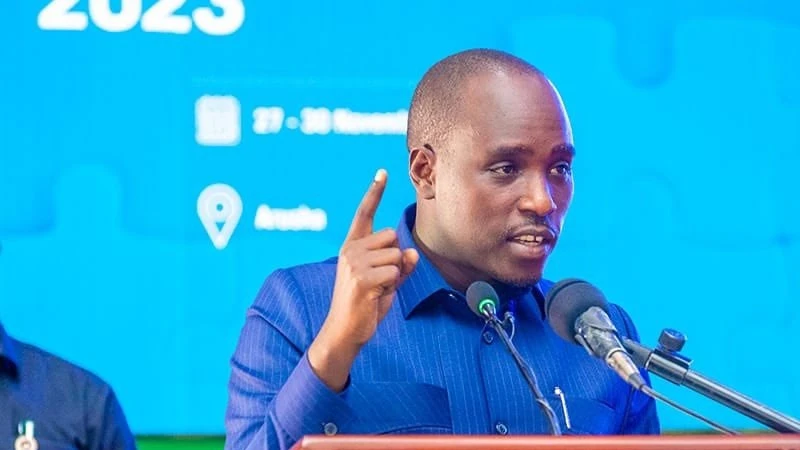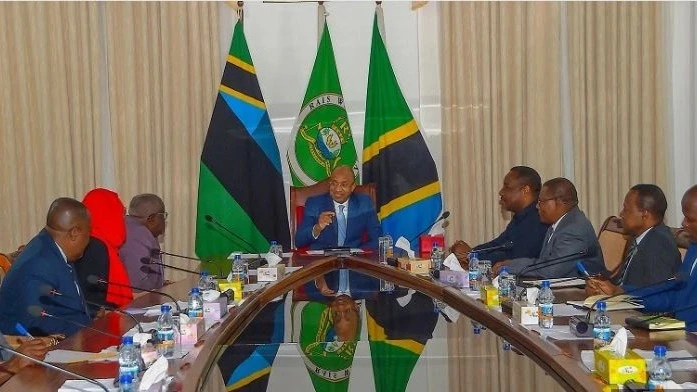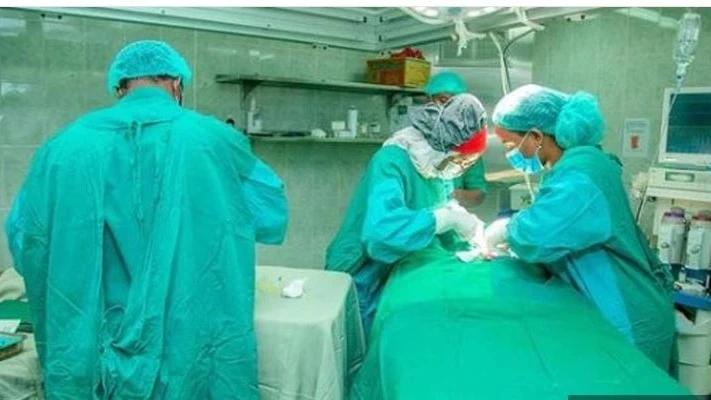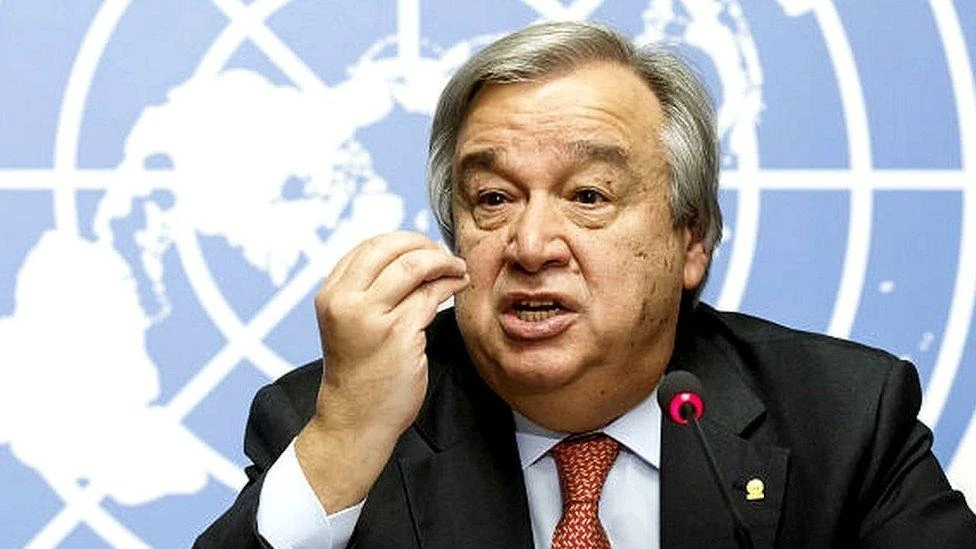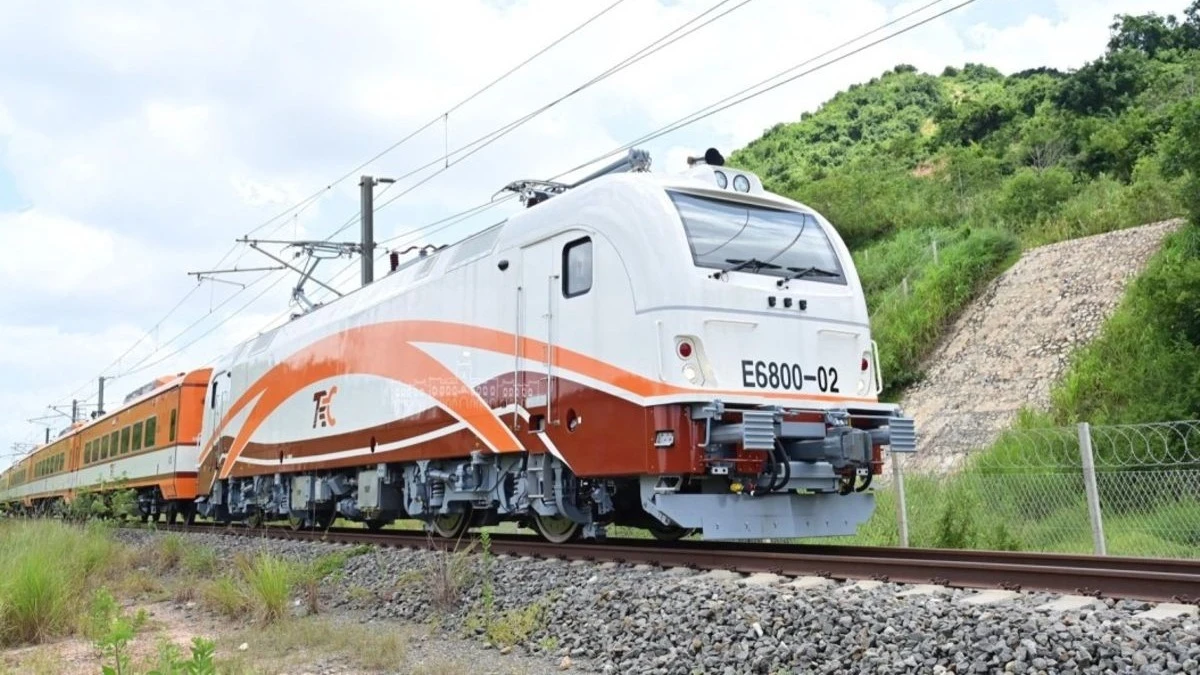MNH’s use of 1.439bn/- on 24 patients gives limits to NHIF’s financing design
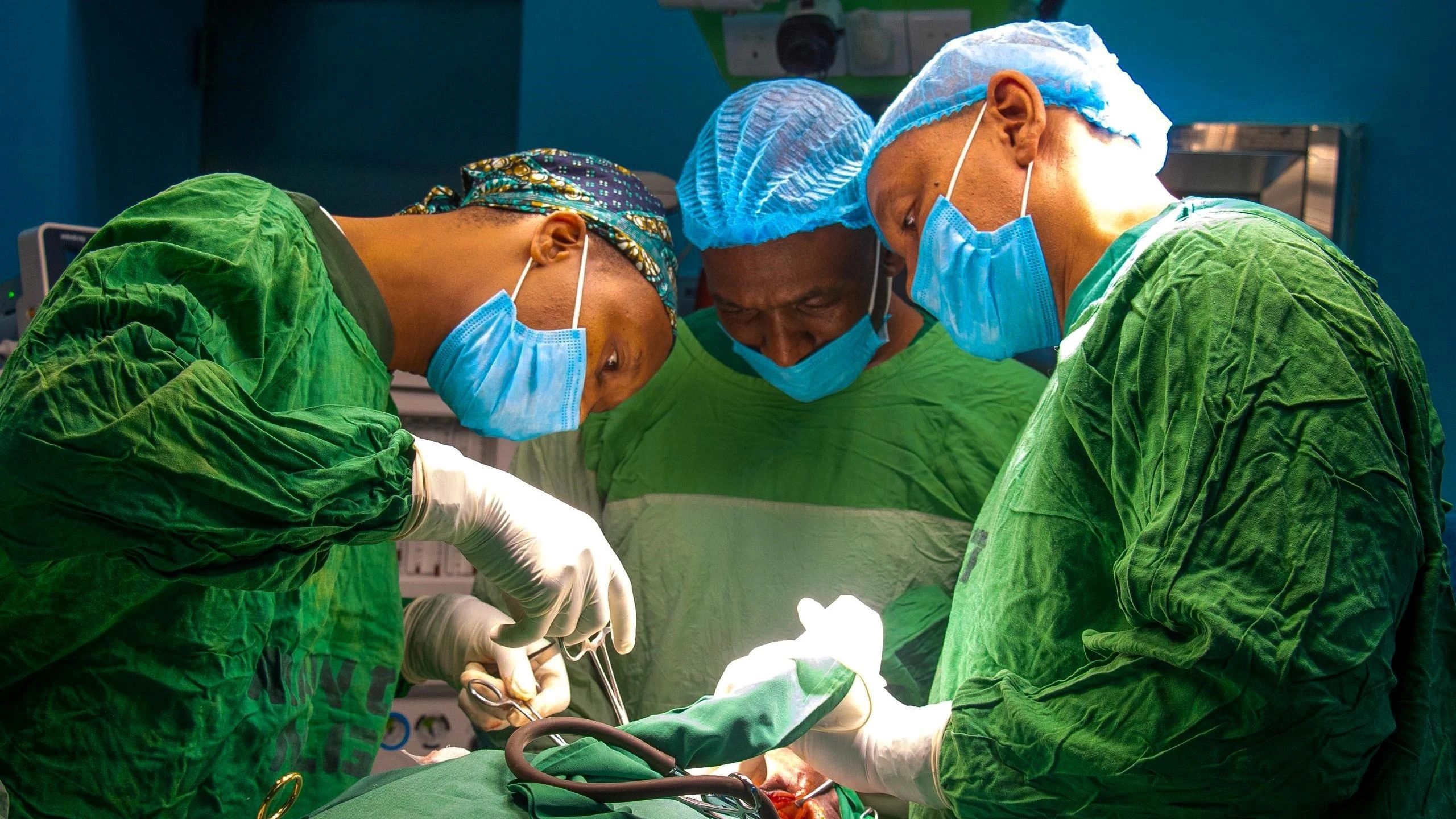
IT is hard to say how much relief was registered with the news that 1.493bn/- has been spent on 24 patients who underwent kidney, heart and cochlear implants in the past few months at the country’s top health care facilities.
The Muhimbili National Hospital (MNH) executive director has been informing a restricted audience on the use of allocated funds amounting to 5bn/- in facilitating specialised treatment at relatively manageable costs.
While the number of transplants was arguably limited, details that MNH has performed kidney transplants on 100 patients, receiving 100 to 150 patients per day for dialysis looked perceptibly better.
The detail that each patient spends four hours undergoing routine kidney treatment helped to illustrate why such services need to be available in regional hospitals to be more accessible.
What was uncertain, though, was how the gesture of accessing specialised treatment at MNH facilities would be a reality for most of those needing the care.
For instance, it was not clear how far the government’s allocated funding set at 2bn/- for MNH was adequate and effective in supporting the patients – and, indeed, how many made it to the treatment out of how many who sought it.
The Health minister is on record as having declared that the government is committed to investing more in training healthcare professionals across various specialties to enhance the delivery of specialised medical services throughout the country.
That affirmation at least suggests that the government has the capacity for such training, as at times it involves direct instructions with acknowledged local and foreign specialists.
While the point about the specialised treatment facilities at MNH is all too often that their availability helps to appreciably reduce overseas referrals and the attendant costs, the real issue is where we are with the wider initiative of improving access to specialised medical services for underprivileged citizens.
Without details on the 24 patients and the amount of money spent on their treatment, it is not easy to say how ‘underprivileged’ they are and exactly how they many will benefit?
That is why it is vital to reiterate the point that the universal coverage formula that is now law and presumably being pursued in terms of hospital compliance with tendering of cards issued by the National Health Insurance Fund (NHIF) in particular us likely to face limits or hurdles.
There is in the first place the issue of cost accounting, including how come a heart transplant costs 30m/- when doctors’ salaries are paid by the government at scales not quite top secret.
The usual justification is to compare with how much it would cost to take the patient to the likes of India, while not explicitly saying the patient would be treated as a foreigner or a ‘medical tourist’ and so the bill is, yes, onerous.
These are some of the worrisome aspects to universal insurance coverage rather than basic free medical care and individual insurance at upper levels, while there are clear distinctions between charging locals and foreigners or medical tourists.
There is an apparent inward-looking mannerism which shifts MNH from being a local referral hospital to running as an island of medical specialisation.
Under the latter scenario, the method of charging for services has precious little to do with what Tanzanians earn save perhaps for patients at the highest level, among them senior public officials and heavyweights in the diplomatic corps and commerce.
This does not present a realistic picture of the situation on the ground – and therefore calls for a serious re-evaluation and reconsideration.
Top Headlines
© 2024 IPPMEDIA.COM. ALL RIGHTS RESERVED







